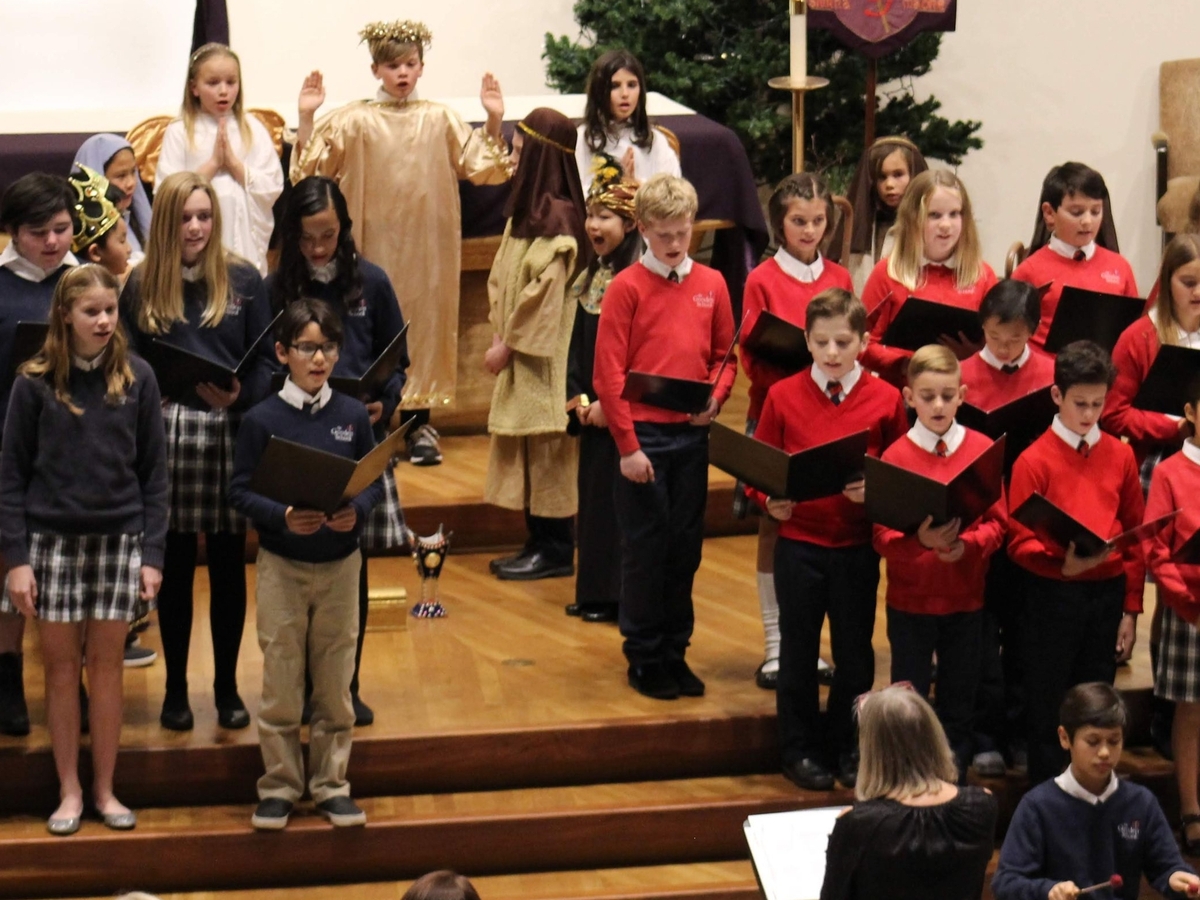The Season of Purposeful Repetitive Repetition

So – what might Serena Williams, Robert Plant, Nelson Mandela, Marie Curie, Bruce Lee, Beyoncé, Mahatma Gandhi, Maya Angelou, Martha Graham, Yo-Yo Ma, Albert Einstein, Billie Eilish, Tom Brady, Michelle Obama, and Aristotle have in common?
They are all on the record emphasizing the value and importance of the discipline of engaging in the "purposeful repetitive repetition" of specific actions, language, behaviors, thoughts, and emotions.
Often called "practicing," or "rehearsing," or "training."
This "purposeful repetitive repetition" is both individual and collective. It can expand to a group and often becomes formal practice, custom, or procedure. The group then shares participating in the actions, language, behaviors, thoughts, and emotions together. This engagement becomes formative, it "forms" the individuals and the group. If this process proves valuable to the individual and/or the group, it can become part of the nature and identity of those involved – becoming what can be called tradition and ritual.
This is a way of understanding tradition and ritual, and the power they have in human formation. What a human being does as "purposeful repetitive repetition" in a multi-elemental way becomes part of who and what that human being is -part of their identity. As that is shared amongst groups, societies, cultures, it becomes part of the identity of the larger community.
Tradition and ritual can be a container for wisdom and truth, a way to preserve and pass on the hard-won experience and learning of the community or society. It can connect the imagination of the next generation with what has come before. It can set the present moment in a larger context, broadening the perspective. It can engage the physical, psychological, emotional, intellectual, and spiritual aspects of the human condition. It can connect deeply to the deepest parts of what it means to be human.
And, of course, tradition and ritual can be better or worse, existing on a continuum of healthy or unhealthy, positive or negative, engaging or boring. It is constantly evolving and adapting – seeking a harmony between preservation and innovation.
We all have traditions and rituals, both individual and corporate – ways we engage in purposeful repetitive repetition in support of human flourishing. Whether it be birthday parties, Fourth of July parades, personal meditation or prayer practices, holiday celebrations, singing the national anthem before the Dodgers game, religious services, or our daily stress-releasing run – these practices form part of our identity.
Exploring the traditions and rituals of an individual, community, or society provides insight into who they are in a concrete and palpable way.
And we have traditions and rituals at The Gooden School. Ways both small and large that we practice purposeful repetitive repetition to support our flourishing as a community. One of these is our annual Lessons & Carols service held every December.
This event brings together the entire school community in mutual effort and celebration involving music, drama, ceremony, social, and presentational skills. It connects us with our heritage and identity as a school community. It expresses our values. And it is presented as a gift to the extended community of families and friends.
It is one way we seek to connect the imagination of the next generation with what has come before. It helps set the present moment in a larger context, broadening our perspective. It engages the physical, psychological, emotional, intellectual, and spiritual elements of us all.
And – by reflecting on the deeper story that faith, hope, and love are the most powerful forces in the universe – it connects us with the truth of what it means to be human.
David J. Kitch serves as chaplain to The Gooden School community. Chaplain David came to Gooden in 2019 after six years as chaplain and educator at St. Martin's Episcopal School in Winnetka, CA. He received his Master of Divinity degree from Claremont School of Theology with an emphasis on spiritual formation. David has a background as a theater practitioner and consultant internationally and works with interactive narrative, mindfulness practice, and restorative justice.

